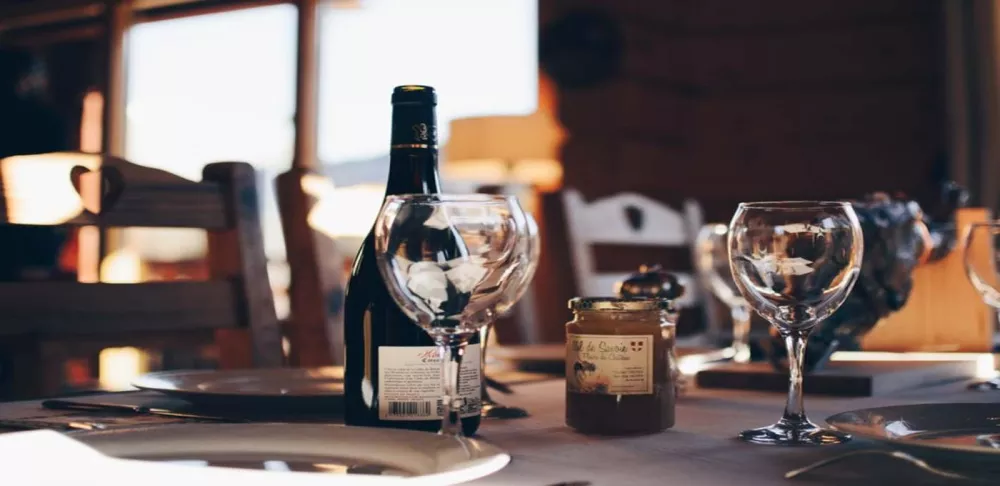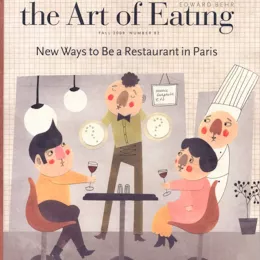In the restaurant business, December is one of the busiest times of the year, especially at such iconic restaurants as the legendary Gramercy Tavern.
T hat's where ICE Culinary Arts alumnus Juliette Pope works her magic, as the Beverage Director for both the restaurant's "tavern" front room and formal dining room. With wines by the glass that range from $10-28 and bottles that span every corner of the globe, Juliette knows a little something about pleasing every palate at the table. So when it came to creating our guide to holiday drinking, we knew there was no better expert.
hat's where ICE Culinary Arts alumnus Juliette Pope works her magic, as the Beverage Director for both the restaurant's "tavern" front room and formal dining room. With wines by the glass that range from $10-28 and bottles that span every corner of the globe, Juliette knows a little something about pleasing every palate at the table. So when it came to creating our guide to holiday drinking, we knew there was no better expert.
What criteria do you look for when pairing wines with a holiday menu?
The phrase "holiday menu" suggests many things: a large group of people, diverse tastes, varied dishes, serious imbibing, cold weather and a celebratory atmosphere. So don’t aim too high in terms of price tag. Think more in terms of wines with high impact—a lot of flavor, some semblance of luxury and appealing to a broad range of drinkers. Most importantly, don’t geek out too hard on specific pairings unless you know your audience to be gastronerds.
Outside the context of a meal, are there any interesting or unique bottles you would recommend as gifts?
As far as broad categories, here are a few ideas:
- Madeira—Take a refreshing and interesting break from more standard Port. Madeira is beautiful with cheeses and desserts and on its own—pungently nutty, rich flavor, incredible complexity and length, and racy acidity that keeps you coming back for another sip. On the modest end, I'd recommend the Rare Wine Company line. For the higher end, 30-50-year old options, opt for those from winery D’Oliveira, which aren’t cheap but a bargain for such aged, long-lived wines.
- “Grower” Champagne—Skip the Yellow Label (which is in every holiday basket already) and ask advice at a good local wine shop on small-production “grower Champagne”. These wines are made from fruit grown entirely on the maker’s property, as opposed to the sourced fruit that the big chateaux must buy to fulfill demand. They tend to be wines of character—sometimes quirky, but usually classic—and much better value than brand name Champagnes at every price level.
- Large-format beers—For the budding beer geek in your world, these are great to consume now or even to age for a few years (if it’s a maltier, high-alcohol brew).
Curious to learn more about your personal beverage preferences? Click here for wine, beer and mixology classes at ICE.




